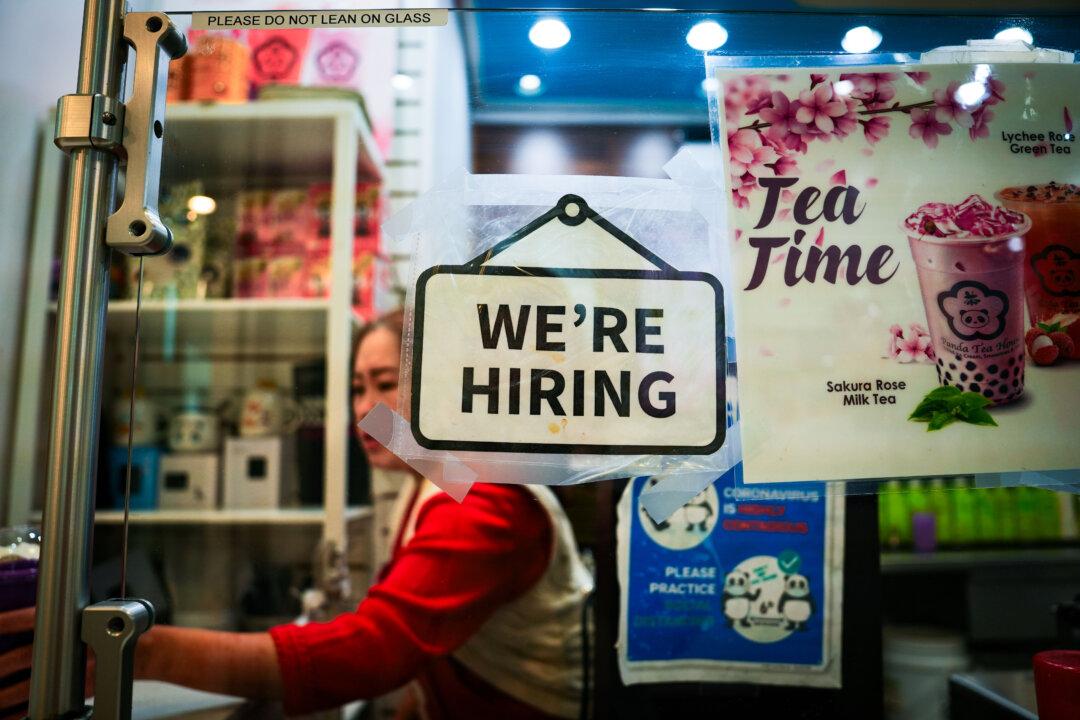Optimism among U.S. CEOs surged in the first quarter of this year from the previous quarter, with concerns about various business risks easing down, according to a new survey from The Conference Board.
The “Measure of CEO Confidence,” an assessment of the U.S. economy from the perspective of U.S. chief executives, rose by 9 points in the first quarter of 2025 to 60—the highest level in three years—the think tank said in a Feb. 20 statement. This is the first time since early 2022 that the index scored a value “well above 50,” suggesting that CEOs were moving away from the cautious optimism from last year to a more “confident optimism.” The survey was conducted among 134 CEOs.





